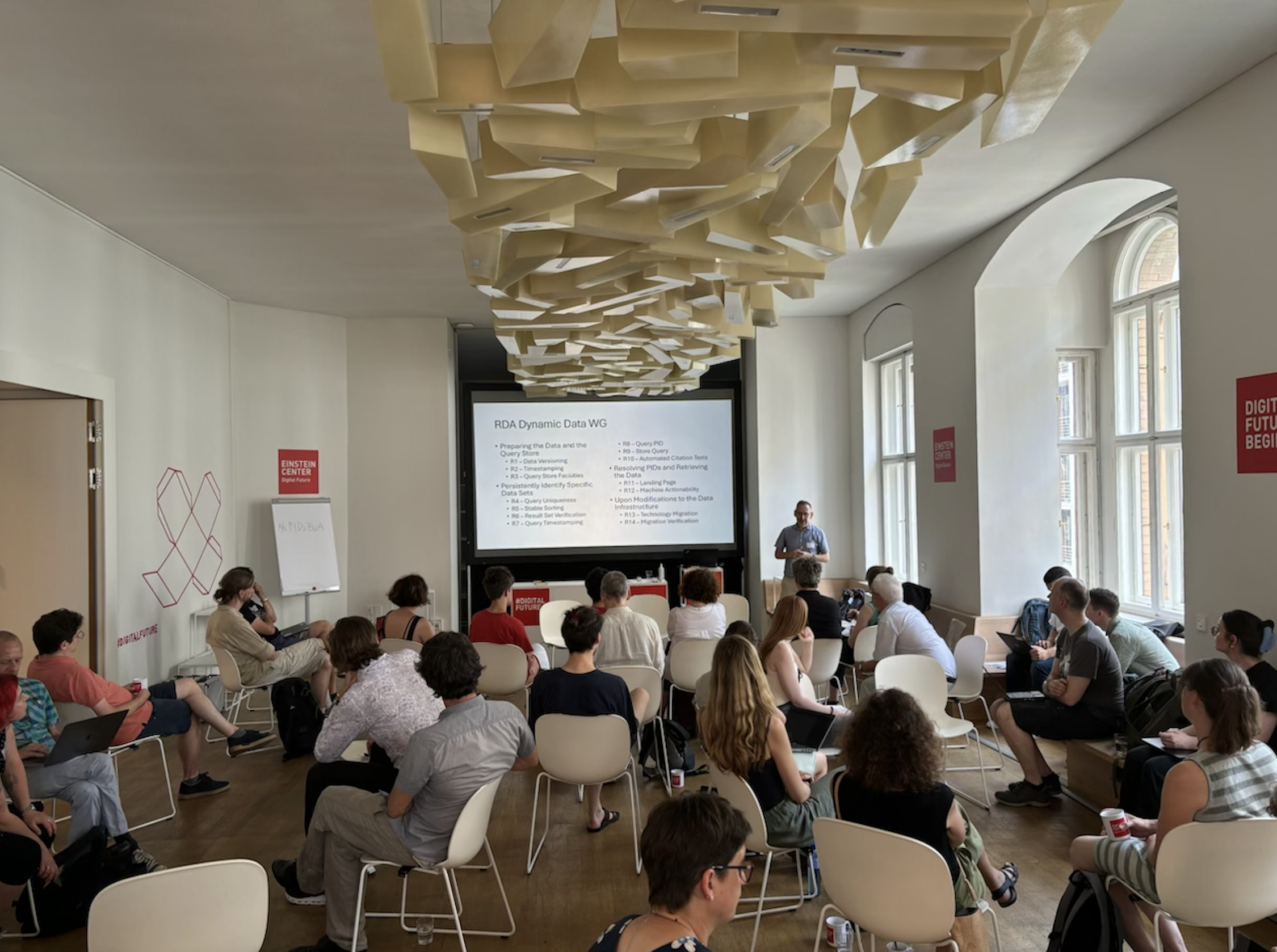
In the previous post, we discussed how lensing data extend the Radial Acceleration Relation (RAR) seen in galaxy kinematics to very low accelerations. Let’s zoom out now, and look at things at higher accelerations and from a historical perspective.

In the previous post, we discussed how lensing data extend the Radial Acceleration Relation (RAR) seen in galaxy kinematics to very low accelerations. Let’s zoom out now, and look at things at higher accelerations and from a historical perspective.

I was very excited when our latest research paper came out, after all, I was confident our 30-year-long search for the sites of plasticity in the form of motor learning we study was coming to an end. In this work, we were fairly confident that underlying the type of learning we study was a novel form of plasticity in a very specific set of motor neurons in the ventral nerve cord of the flies we use for our research.
Over the past decade, a growing number of bibliometric analyses of varying quality have been published in the peer-reviewed literature. Despite this growth, surprisingly few published articles provide guidance on how a bibliometric analysis ought to be reported. Moreover, to our knowledge, these articles have been written based on the opinions/experiences of different researchers, as opposed to best evidence-informed practices.
Die VG Wort nimmt für ihre Mitglieder Urheberrechte bei Text- und Sprachwerken wahr. Auch wissenschaftliche Autor*innen profitieren von den Ausschüttungen. Freie Lizenzen und Open Access bedeuten nicht automatisch einen Verzicht auf Vergütungsansprüche. Felix Reda erklärt die Situation und zeigt, wie man dafür beim Wahrnehmungsvertrag mit der VG Wort vorgeht.

Regardless of whether one is just starting out or has already arrived in the community, as young librarians and information scientists, there are many interesting fields and new developments.

Research is inherently dynamic, leading to equally dynamic data. This dynamic nature of research data raises numerous questions for professionals in information management at research institutions, libraries, and computing centers. Despite the conceptual establishment of research data citation through persistent identifiers (PIDs) in some communities, practical challenges remain.
+++ Open Educational Resources in der Hochschullehre +++ OER-Fachtag ORCA.nrw +++ Ausgewählte Veranstaltungen im Berliner Raum und online zu Open Research in Wissenschaft und Kulturerbe-Einrichtungen

New publication from Linda Berube’s Collaborative Doctoral Partnership (City HCID/British Library) in New Review of Hypermedia and Multimedia.

In the last blog post, I had mentioned that I was looking to move away some of my personal code hosting away from GitHub (GH), to avoid being locked in into yet another tech giant. Instead, I wanted to move to a proper free alternative. On Mastodon, lots of folks recommended checking out Codeberg as a potential alternative that is based on forgejo and provides static page hosting.

We just published a dataset of canopy tree maps for 100 million trees in the National Ecological Observatory Network (NEON) with information on location, species identify, size, and whether the tree is alive.